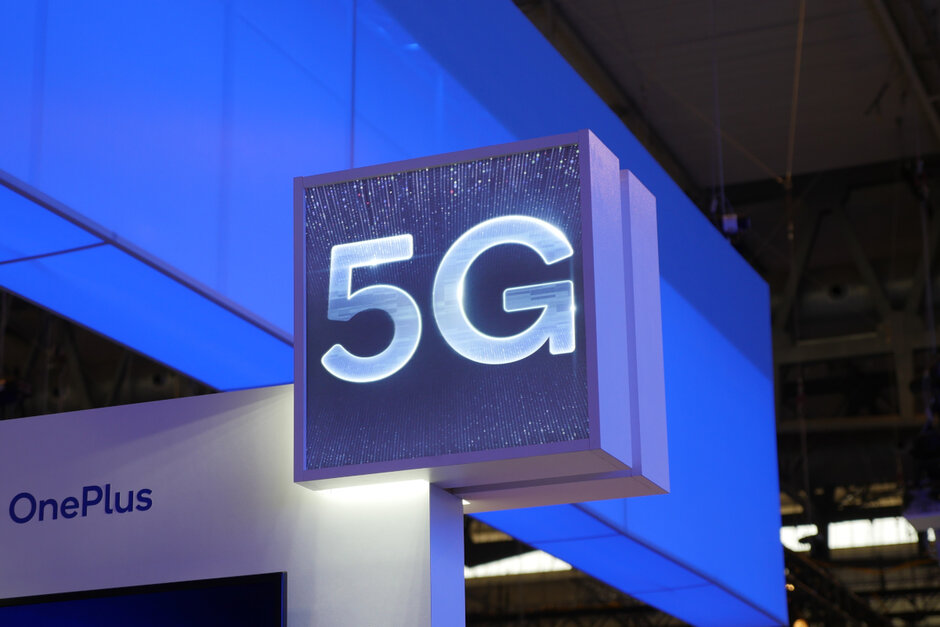The U.S. could use this technology to replace Huawei’s 5G networking gear

A few days ago we told you that the U.S. was still looking for a way to replace Huawei’s presence in 5G networks. There was talk about the U.S. buying controlling interest in Huawei competitors Nokia and Ericsson or giving the pair some tax breaks so that at least one of them would build a U.S. facility. However, Huawei is believed to be one to one and a half years ahead of its rivals technology-wise and the Chinese manufacturer’s generous financing plans are due to its connection with the Bank of China.
OpenRAN could be the best “Huawei killer” the U.S. has
When British Prime Minister Boris Johnson decided not to heed U.S. warnings and picked Huawei to deliver some parts for Britain’s 5G networks, the PM asked what else could he do? But now Johnson has second thoughts and he too is once again looking for a way for the U.K. to replace Huawei.

Huawei is the world’s largest provider of networking equipment
According to the Washington Post, the U.S. is testing a technology called open radio access network, or OpenRAN. This allows U.S. software to be used to help connect networking hardware made by various companies. Since carriers will be able to cherry-pick the different suppliers whose gear will be used in their networks, the bottom line cost works out cheaper than if they purchase a complete package offered by Huawei, Nokia or Ericsson.
The Pentagon calls this technology “the future” and is trying to get companies to develop it by having them apply for part of the Defense Department’s $200 million 5G budget. The Post verified this through an email it received from spokesman Lt. Col Robert Carver via email.
AT&T’s chief technology officer Andre Fuetsch is the chairman of an industry group examining OpenRan and he says that several big tech firms are testing OpenRan in their network including AT&T. Britain’s O2 will employ an OpenRAN network this year in southeast London and another British carrier, Vodafone, is said to be considering using the technology for its European networks. O2’s chief technology officer Brendan O’Reilly said that relying too much on Huawei, Nokia, and Ericsson for 5G networking equipment is not good for telecom companies. O’Reilly said in an interview, “Overreliance on those vendors, no matter where they’re from, is not good for us as an industry. Our future, the U.K. future, is definitely OpenRAN.”
What OpenRAN does is move the important parts of a 5G network that allow voice and data to communicate with mobile devices via radio waves. Instead of network hardware making all of that possible, with OpenRAN it is the software that handles such matters. By having the software do the heavy lifting, the hardware becomes a commodity item that many other companies not named Huawei can supply.
This appears to be the plan that White House economic adviser Laurence Kudlow talked about back in February when he discussed a plan for telecom and tech firms in the U.S. to create engineering standards allowing 5G software developers to run lines of code over hardware made by any manufacturer. The former Wall Street economist said, “To quote Michael Dell, ‘Software is eating the hardware in 5G.'” One small carrier named Island Cellular was able to use OpenRAN to reduce the cost of each cell site by 40% to $20,000.
Not everyone is enthralled with OpenRAN with some industry executives noting that it is still early days for the technology. Additionally, many companies have already started to build their networks using traditional technology. The three main networking equipment providers have various opinions about OpenRAN. Nokia says that it supports more research on the technology to make sure it meets the “security, reliability and performance” needs of telecom companies. Ericsson chief executive Borje Ekholm called OpenRAN “an area that we are surely going to participate in,” and Huawei said that it welcomes innovation but isn’t sure “whether these technologies will meet carriers’ needs.”
As many of you know, Huawei is considered a national security threat in the U.S. because of its perceived ties to the communist Chinese government. Some lawmakers sense an urgency here. Sen. Mark R. Warner (D-Va.), who once co-founded a telecom company, said in a statement that “Every month that the U.S. does nothing, Huawei stands poised to become the cheapest, fastest, most ubiquitous global provider of 5G. We need to move beyond observing the problem to providing alternatives for U.S. and foreign network operators.”
Last chance to get a free phone from Verizon without a trade-in
Source: Phonearena

Comments